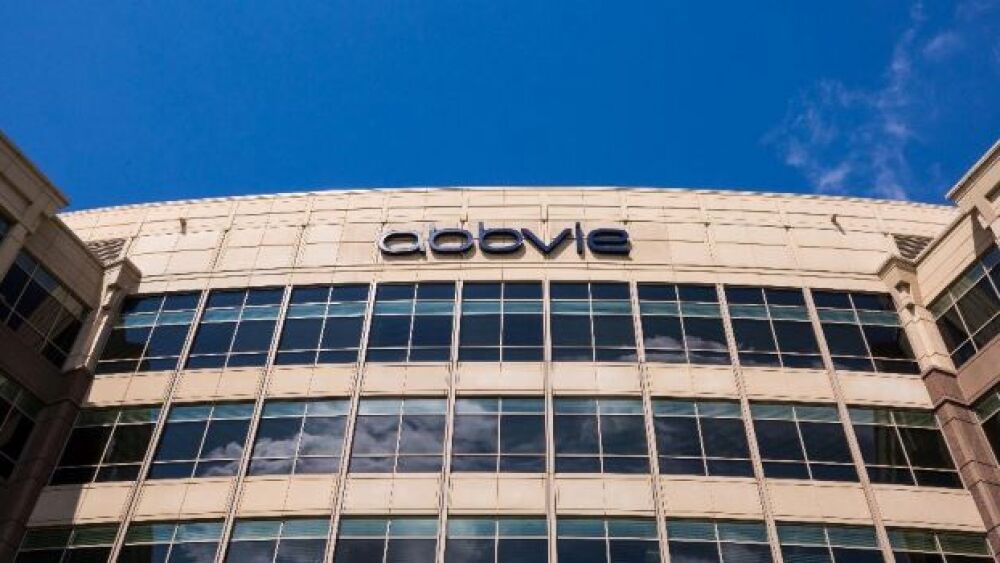The drug, called RGX-314, is a possible one-time treatment for wet AMD, diabetic retinopathy, and other chronic retinal diseases.
© AbbVie Inc. All rights reserved.
AbbVie is partnering with biotechnology firm REGENXBIO to develop and commercialize a new drug that could treat a wide range of eye diseases, including wet age-related macular degeneration (wet AMD).
The drug, called RGX-314, is a possible one-time treatment for wet AMD, diabetic retinopathy, and other chronic retinal diseases. RGX-314 is composed of the NAV AAV8 vector, which can create an antibody that inhibits vascular endothelial growth factor (VEGF), a protein that signals and promotes new blood vessels’ generation. RGX314 will inhibit the VEGF pathway where fluid from leaky blood vessels passes to eventually accumulate in the retina.
Wet AMD is characterized by vision loss due to an accumulation of leaky blood vessels in the retina. It is a significant cause of vision loss affecting as many as two million people in the U.S., Japan, and Europe.
Current therapies have helped improve people’s lives diagnosed with wet AMD, but they require lifelong repeated intraocular injections to remain effective. This burden of treatment is what RGX-314, a one-time therapy, hopes to address.
Diabetic retinopathy affects around eight million people in the U.S. alone. As the disease progresses, patients are threatened with vision problems and other complications, including neovascularization and diabetic macular edema, which can both lead to blindness. Current treatments for DR include surgery, retinal laser, and anti-VEGF.
Under the agreement, REGENXBIO will complete its two ongoing trials on the drug. AbbVie will collaborate with REGENXBIO and share the costs of additional trials on RGX-314. This includes the planned second trial on assessing the drug if subretinal delivery would work to treat wet AMD.
REGENXBIO’s current trials look into two modes of administration for RGX-314: the standard subretinal delivery and through the suprachoroidal space. The company has an exclusive license to use the SCS Microinjector from Clearside Biochemical to deliver gene therapy treatments to the eye’s suprachoroidal space.
“We are committed to finding solutions for patients living with difficult-to-treat retinal diseases and to helping preserve and protect our patients from visual impairment and devastating vision loss. In collaboration with REGENXBIO, we aim to make a remarkable impact for the millions of patients suffering from vision loss associated with retinal diseases.” said Tom Hudson, M.D., senior vice president for R&D and chief scientific officer at AbbVie.
AbbVie will lead the clinical development and commercialization of the drug globally, while REGENXBIO will contribute to the same efforts in the U.S.
As for the deal’s financial terms, AbbVie will pay REGENXBIO $370 million upfront and could further pay up to $1.38 billion in the future for additional development, regulatory, and commercial milestones. Both companies will share profits equally from net sales of RGX-314 in the U.S., while AbbVie will pay REGENXBIO tiered royalties for sales outside the U.S.
The deal is expected to close by the end of 2021, subject to the necessary approvals.
Featured Jobs on BioSpace





